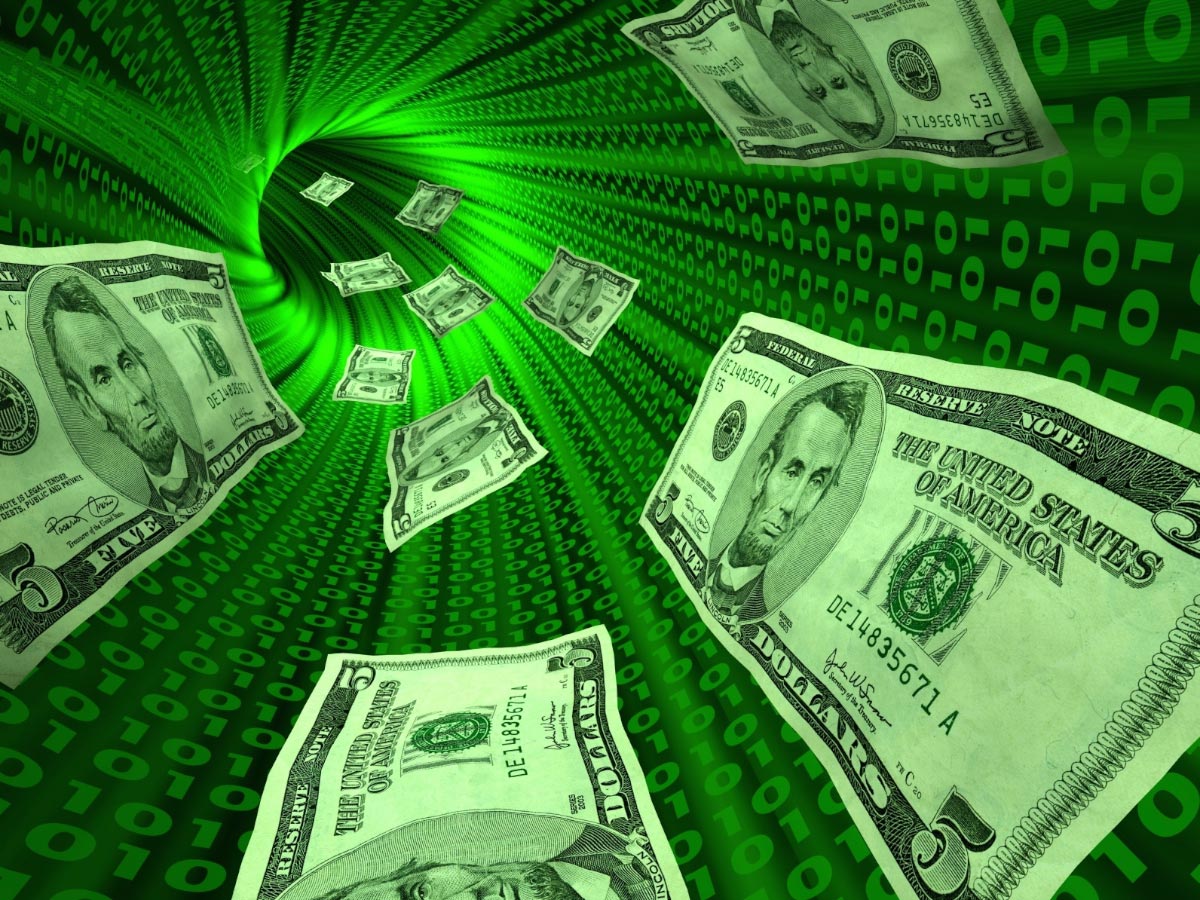Cyber crime costing hundreds of billions a year – and price is going up
02/22/2016 / By usafeaturesmedia

(Cyberwar.news) As the world increasingly gets wired to the Internet, the incidence of cyber crime has risen as well, costing the global economy hundreds of billions of dollars per year.
And if that isn’t bad enough, experts believe those costs are only going to rise.
As reported by CNBC earlier this month, as fans flocked to San Francisco in anticipation of Super Bowl 50, cybersecurity experts were getting ready for their version of the Super Bowl – the RSA Conference, marking its 25th year, kicks off Feb. 29 in San Fran.
What is first and foremost in the minds of industry leaders is how best to protect their companies’ information systems from an increasingly sophisticated hacking enemy intent on launching cyber assaults on ever-larger, more lucrative targets.
As CNBC notes further:
Crimes in cyberspace will cost the global economy $445 billion in 2016 — more than the market cap of Microsoft ($411 billion), Facebook ($314 billion) or ExxonMobil ($332 billion) — according to an estimate from the World Economic Forum‘s 2016 Global Risks Report.
What’s more, the threat of state-sponsored cyber attacks whose goal is to cripple and destroy critical infrastructure is a constant worry for governments, though many experts believe the bigger prize lies with U.S. business interests.
“U.S. companies are definitely under pressure, and I think it’s related in large part to nation-state attacks,” John Haller, a cybersecurity researcher in the CERT division of the Carnegie Mellon University Software Engineering Institute, told the financial news site.
The hack of Sony by North Korea in 2014 serves as the current gold standard, of sorts, and proves that even an isolated, technologically deprived nation-state possesses outsize cyberwar capabilities.
“This is not science fiction. It’s a multibillion-dollar business of stealing intellectual property,” John Stewart, senior vice president, chief security and trust officer at Cisco, told CNBC. “We have got to be able to protect ourselves just that much better.”
The site added:
The hackers of today are far more skilled, organized and well funded than ever before. As such, they are getting better at finding weaknesses, penetrating security barriers and enacting more damaging attacks once inside a company. Though tried-and-tested schemes — such as stealing and reselling credit card numbers — continue to be staples of the criminal underground, the thieves are expanding their enterprises.
“For example, if I hack into a major law firm and then realize that this law firm has direct communication channels with the Fortune 50, then I can leapfrog from this law firm into all of those entities,” said Tom Kellermann, chief security officer at cybersecurity vendor Trend Micro.
One way that hackers can affect business and industry is by selling stolen data to a company’s competitor, which would use the data to then undercut an acquisition target’s market value, to acquire the company itself later at a bargain price. Experts say this tactic has been utilized by Chinese hackers, especially.
“If they are successful, they could drain the full value of the company — that’s easily in the millions,” Rich Mason, president and chief security officer of cybersecurity consulting firm Critical Infrastructure, told CNBC.
See also:
Cyberwar.news is part of the USA Features Media network of sites.
Tagged Under: cybersecurity, hacking




















